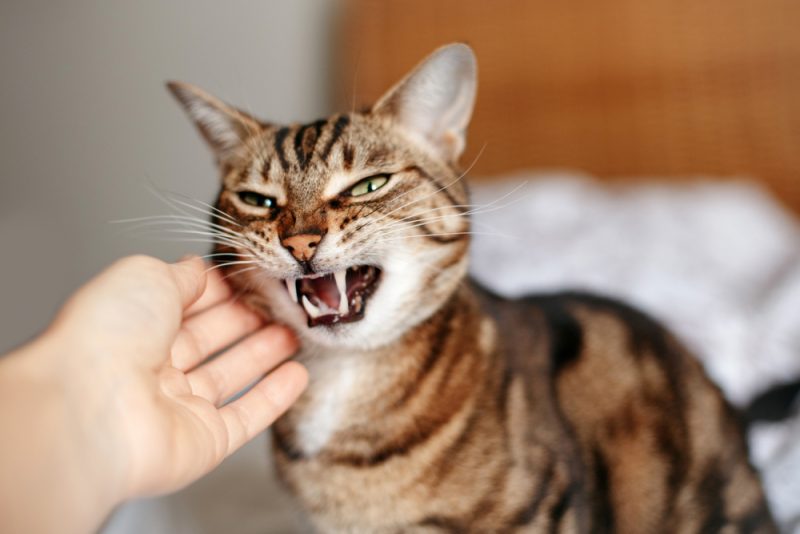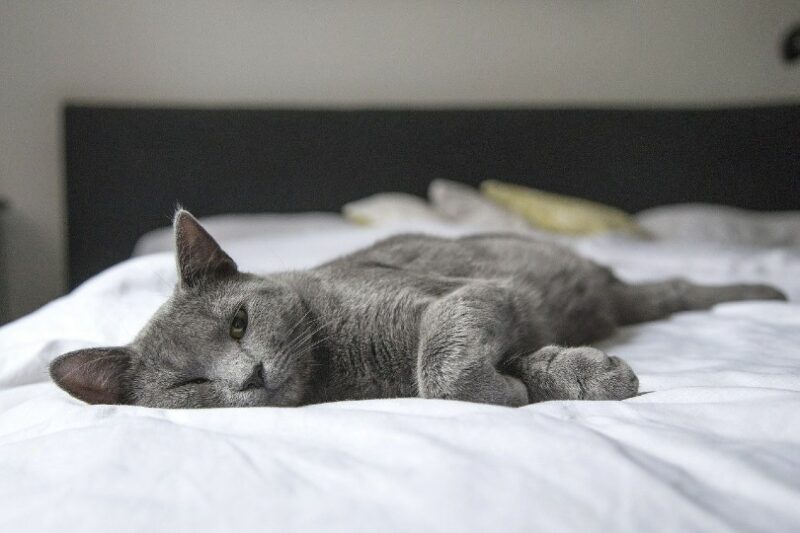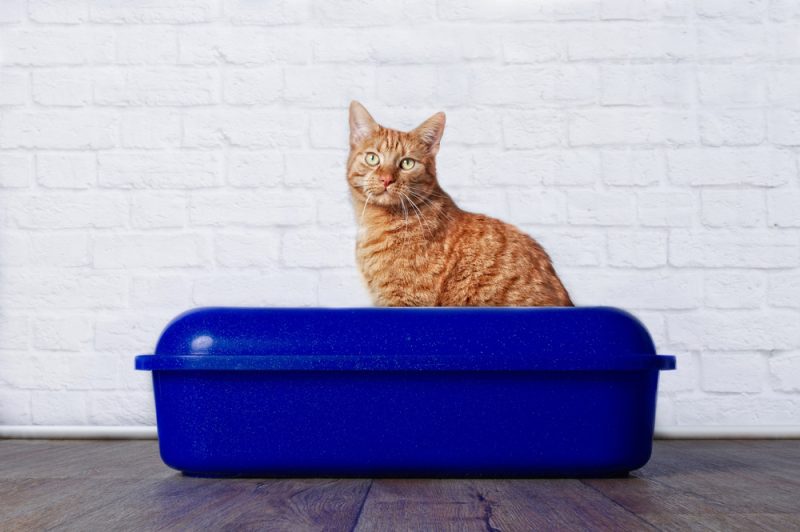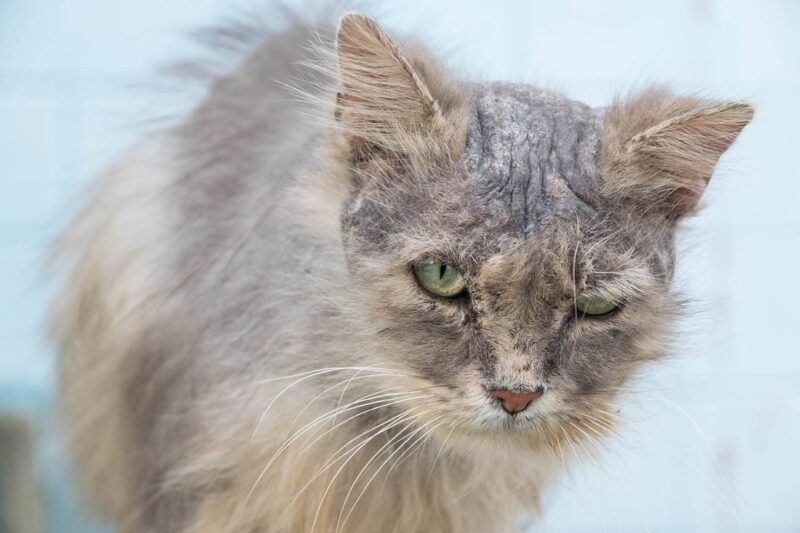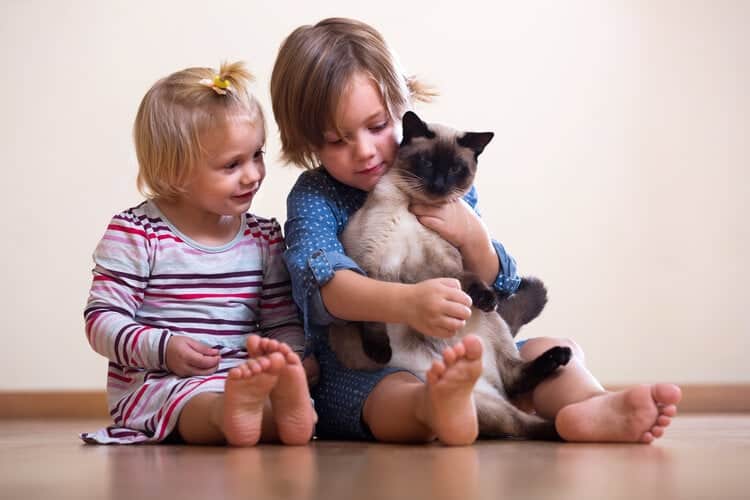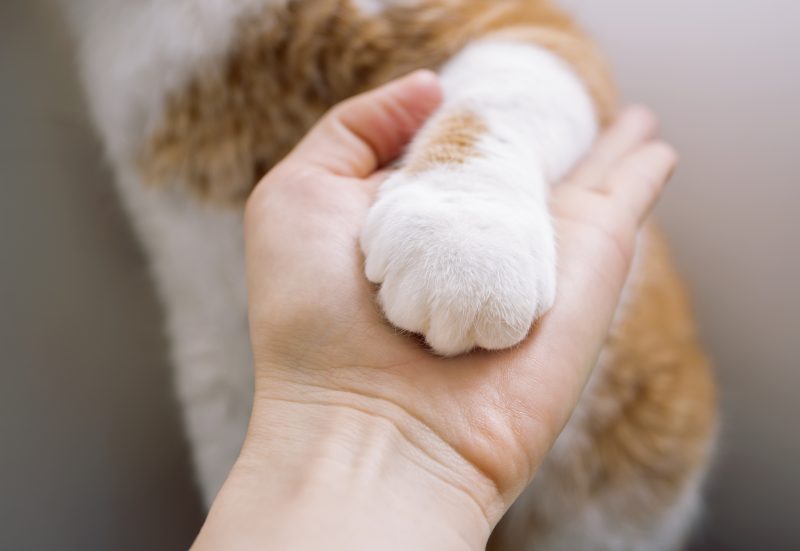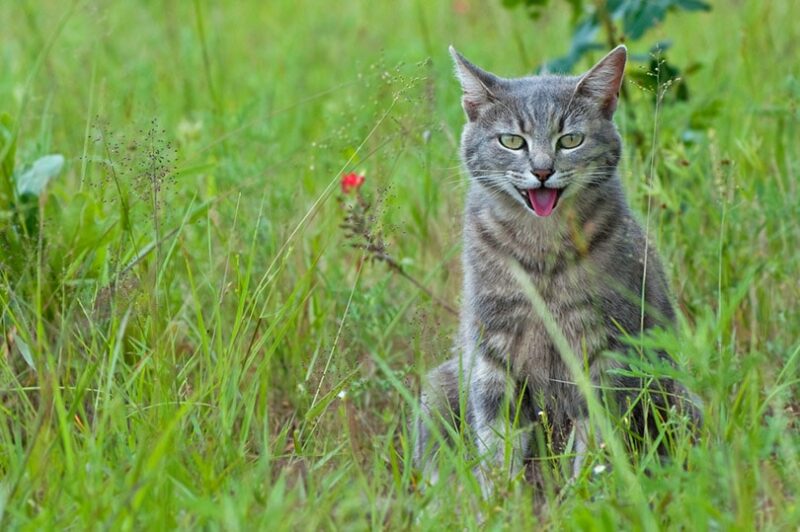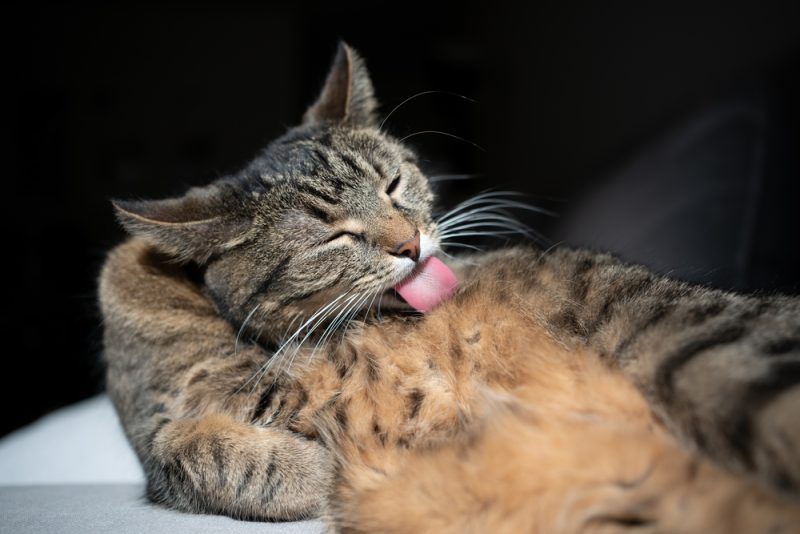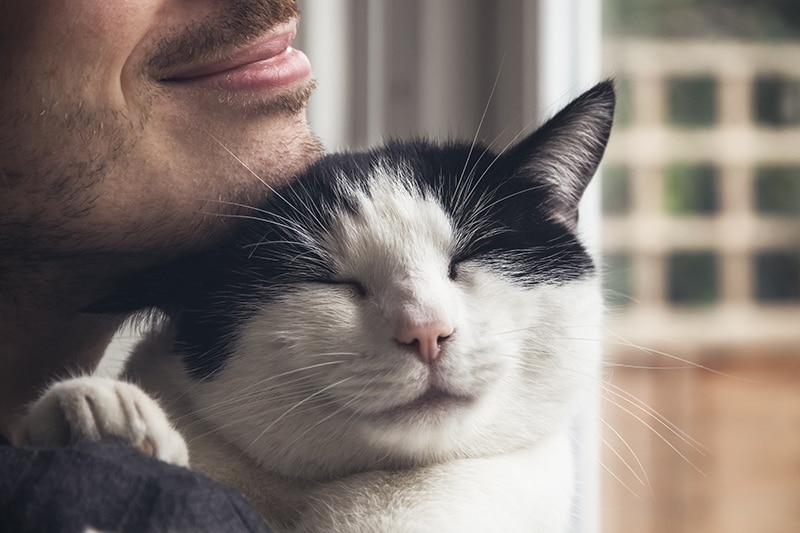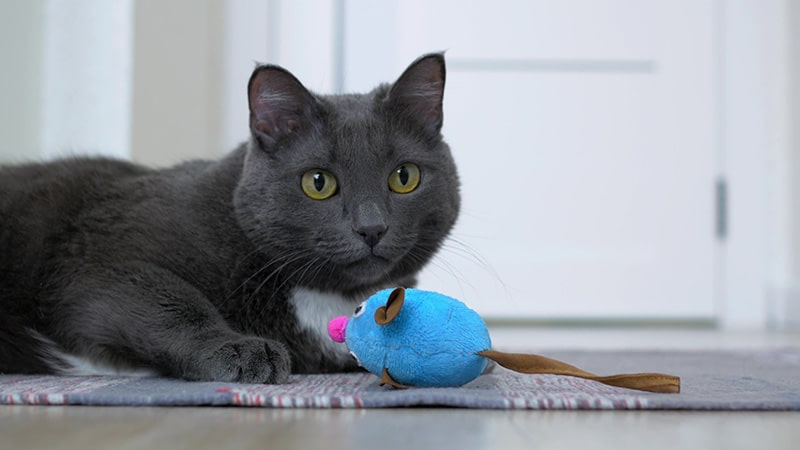Even the most experienced cat caretakers can find themselves charged up on adrenalin when having to face a cat in the midst of a fit of aggression. But encountering a hissing, growling, screaming, and possibly even scratching and biting cat can strike terror into the hearts of people who don’t know how to handle an aggressive cat.
But cats don’t just suddenly go crazy: There are almost always warning signs and there’s almost always a good reason for cat aggression. Here are seven reasons why cats become aggressive and how to handle an aggressive cat.

The 7 Main Reasons Cats Become Aggressive
1. Cats Become Aggressive Because They’re in Pain
Cats who are in pain will respond with hisses and swats when sensitive areas are touched. My cat, Siouxsie, does this if I accidentally put pressure on her sore hips. A hard yank on the tail, for example, can be quite painful. Ignore the warning signs and a scratch and possibly even a bite may follow. This is especially true if the pain is a result of physical abuse such as being kicked or hit.
2. Fear Can Cause Cat Aggression
A terrified cat will respond with body language that’s obvious to an experienced cat caretaker: She will turn sideways and puff up her tail and fur in order to look larger. Her ears will flatten backward, she will hiss and her pupils will dilate. Attempting to approach a cat in this state is risking an aggressive reaction, not because the cat dislikes you but because she’s in the middle of a panic reaction.
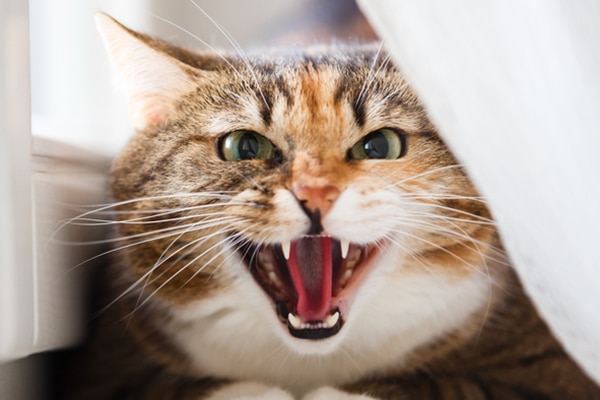
3. Hormones May Cause a Cat to Become Aggressive
A cat who is not spayed or neutered is much more likely to be aggressive. Male cats in particular are biologically wired to fight with other male cats when females in heat are present. If you see two cats fighting, do not physically intervene because you will almost certainly become the target of the cats’ aggression.
4. Cats Can Get Aggressive Due to Frustration
“Redirected aggression” is the term for violent acts carried out by cats because they can’t reach the object of their predatory passion. For example, an indoor cat who sees another cat walking by or marking his territory in “his” turf may get into a highly reactive state. At that point, anyone unfortunate enough to be nearby, whether that’s another cat, a dog or a person, may end up on the receiving end of the cat’s aggression.
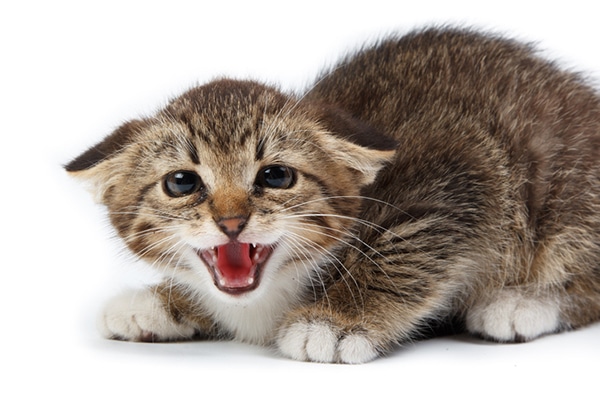
5. Cat Aggression Happens Due to Stress
If a cat lives in a highly stressful environment — for example, a home in which people are fighting or a home with too many cats — it’s quite possible for that cat to be quick to respond aggressively. Like children who live in homes with a lot of verbal and physical violence, or a lot of unspoken anger, cats often act out the dynamics of their human families.
6. An Aggressive Cat Might Be Responding to Trauma
Don’t laugh: Cats can suffer from post-traumatic stress. Their brains are wired similarly to ours, and the effects of chronic anxiety from past human violence or struggling to survive on the streets can lead cats to become aggressive. To resolve this issue, a short course of anti-anxiety medication (prescribed by a vet, of course; don’t give your cat your antidepressants, please), homeopathic remedies or flower essences can help make a cat less reactive to triggers. Ask a veterinarian for more options on how to successfully and naturally calm your cat.
If you need to speak with a vet but can't get to one, head over to PangoVet. It's an online service where you can talk to a vet online and get the advice you need for your pet — all at an affordable price!

7. Chemical Imbalances Can Cause Cat Aggression
This is by far the rarest reason for cats to become aggressive. But like humans, some cats simply have biochemical imbalances that affect behavior. For these cats, antidepressants or anti-anxiety medications can be a lifesaver.
Related: Do You Have an Aggressive Cat — or Just a Brat?!

The bottom line on handling an aggressive cat
No matter what the cause of the aggression, there are almost always warning signs. If you understand feline body language, you will be able to see that your furry friend is getting wound up before the situation escalates to a crisis point. If you have a highly reactive cat and you want to help him or her, be aware that it will take time and patience — but take it from a person who has rehabilitated traumatized cats: The reward is so worth the effort!
Related Reads:
- Feline Non-Recognition Aggression: 4 Tips for Reintroducing Your Cats After One Returns From the Vet
- 5 Signs of Aggression in Cats: Vet-Reviewed Behavior Problems to Watch For
Featured Image Credit: Anna Kraynova, Shutterstock
